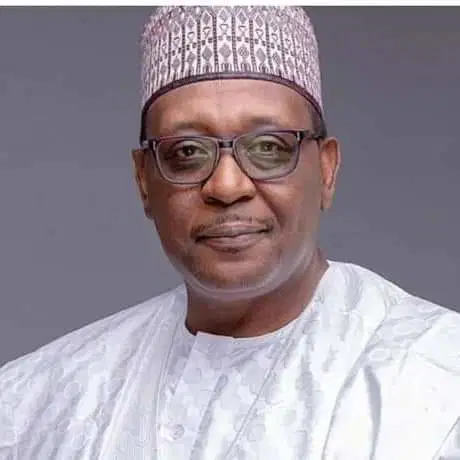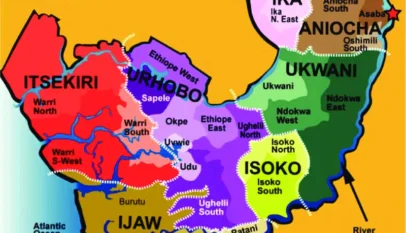Minister of Health and Social Welfare, Prof. Muhammad Ali Pate,
By Deborah Nnamdi
The Federal Government has released N32 billion through the Basic Healthcare Provision Fund (BHCPF) to enhance primary healthcare services across Nigeria.
This was announced during the 11th Expanded Ministerial Oversight Committee (MOC) meeting on the BHCPF held in Abuja. The disbursement, which covers the first half of 2025, is aimed at supporting over 8,000 primary healthcare facilities nationwide.
Reaffirming the government’s commitment to quality healthcare delivery, the Coordinating Minister of Health and Social Welfare, Prof. Muhammad Ali Pate, emphasized that the initiative aligns with President Bola Ahmed Tinubu’s Health Sector Renewal Investment Initiative and the Renewed Hope Agenda.
Prof. Pate revealed that over 37 million health facility visits have been supported through the BHCPF so far—an important milestone toward achieving Universal Health Coverage (UHC).
“This progress is a testament to our collective efforts at the federal, state, and local levels, with strong collaboration from civil society, development partners, and the private sector,” he said.
He highlighted recent fiscal reforms—including executive orders promoting local healthcare manufacturing and the newly signed tax reform bill—as critical steps in ensuring sustainable health sector financing and reducing dependence on foreign aid.
The minister also drew attention to the urgent need to close the treatment gap for around 50,000 Nigerians diagnosed with tuberculosis but not yet receiving care. He assured that the 2025 national budget includes specific allocations to address this, supported by improved diagnostic capabilities that have earned global recognition.
Additionally, he confirmed that local governments are now fully integrated into the national health compact, working alongside state health ministries and the National Primary Health Care Development Agency (NPHCDA) to strengthen grassroots access.
Speaking at the meeting, Minister of State for Health, Dr. Iziaq Adekunle Salako, emphasized the importance of the MOC’s governance structure in fostering inter-agency collaboration and enhancing BHCPF implementation.
He said, “Civil society involvement and improved coordination across agencies are delivering tangible results. The president’s directive to unlock the health sector value chain is taking effect.”































